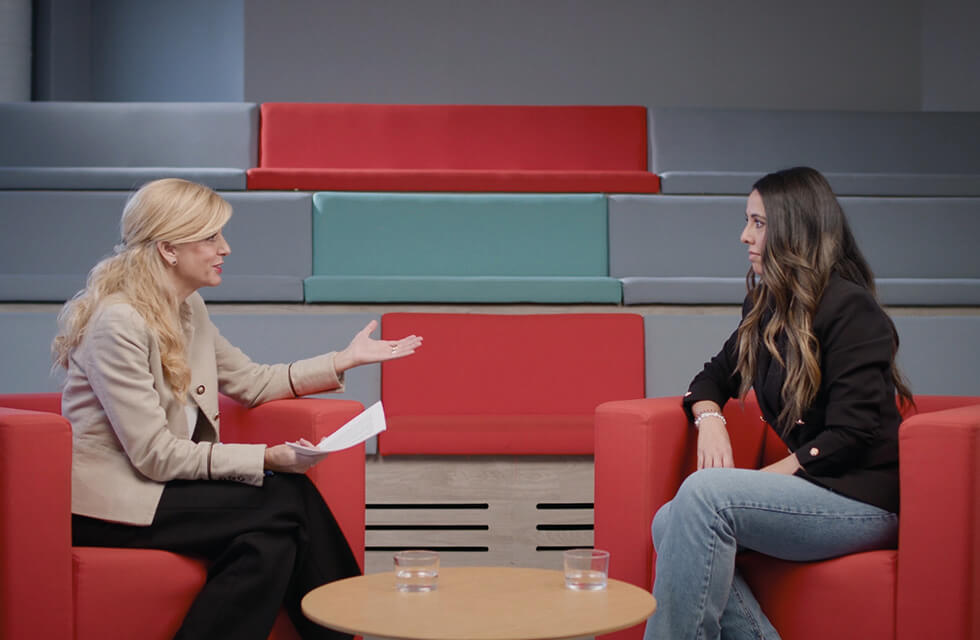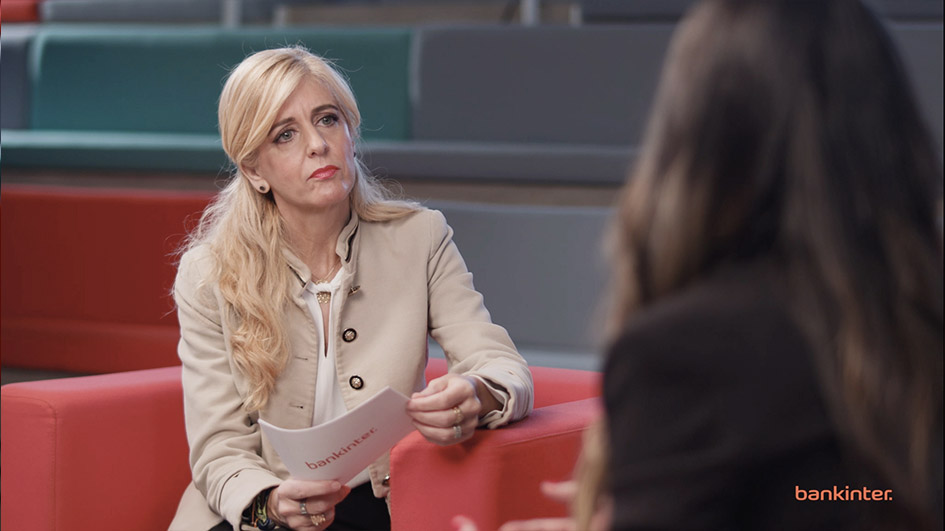We use first and third-party cookies for analytical and statistical purposes and to show you personalised advertisements based on a profile compiled from your browsing habits (e.g. pages visited). For more information, click on our Cookie Policy. You can accept all cookies by pressing 'Accept', you can reject all cookies by pressing 'Reject', or you can customize your choice by pressing 'Manage'.

The second Agri-food PERTE will mobilise 610 million in 2024.
The second Agri-food PERTE Agro irons out some of the past inefficiencies in this instrument and will be based on what we learned during the first twelve months while we learning the ropes, which ended last December with the distribution of these funds between 292 projects from 233 corporates. The opportunities that are opening up in the industry, both for large corporates and for SMEs, are analysed in this interview at CFO Forum between Emma Montserrat, head of European Funds and deputy assistant managing director at Bankinter, and Carmen Ovejero, agri-food and natural resources sectorial leader at the consulting firm FI Group.

Emma Montserrat: Carmen, the Agri-food PERTE awarded 183 million in 2023, in its first phase, so not all the funds that had been planned were executed. Does that mean there is still a large volume of funds that the agri-food sector can benefit from?
Carmen Ovejero: Exactly, Emma, it's been a complex call with a 34% success rate. Which means that many corporates and major projects were left out of the call. We've all had a learning curve: administrations, corporations and even those of us who accompany them on this journey to improve and optimise the Next Generation funds. Based on all that learning, we are encouraging corporates and trying to articulate a dialogue with the ministry to ensure that the new 2024 call is more favourable and more flexible.
It's important to remember that 233 agri-food corporates did benefit from the PERTE, especially in the axis related to strengthening the industry. We are going to put all of this into practice, with the unquestionable support of the associations and federations, to develop all the investments.
Emma Montserrat: What type of calls can we expect for 2024? In the addendum, an additional 610 million euros have been assigned to the sector. How are these new funds going to be channelled?
Carmen Ovejero: The first thing to bear in mind is how the funds are distributed: of those 610 million, 460 million are in the form of loans and 150 million in the form of grants. In a context of very high interest rates, this is a good time to finance any investments that need to be carried out to modernise the industrial fabric.
What calls will we see? The Agri-Food PERTE has three key strands: modernisation, digitalisation and, above all, a firm commitment to innovation and R&D&I to increase competitiveness at both the sectoral level and the global level. Let's not forget that agri-food is one of the sectors most affected by external factors: climate change and the geopolitical situation. Although we are emerging from a period of cushioning in price inflation in the value chain, the conflict in the Red Sea, with its impact on supply chains, is a matter of great concern. Spain is firmly committed to the sector, as evidenced by the implementation of a national food strategy to ensure the contribution of all actors involved in the value chain and the continuing importance and resilience of the industry.
Emma Montserrat: One of the most oft-repeated criticisms of the European funds is that they favour large corporations to the detriment of small enterprises. In your experience, is that what has happened? How do you think SMEs can qualify for funds in this PERTE?
Carmen Ovejero: Large corporations have probably been the most visible part because the first axis of the PERTE—strengthening industry—was specifically targeted at those entities as drivers. Plus, a high volume of investment was needed to get those transformative projects off the ground. But it's also had a drag effect. Let's not forget that 5,000 small and medium-sized enterprises have submitted applications to different calls and obtained these funds, channelling them either into digitalisation investments or the launch of new products to increase their competitiveness.
There are even specific calls for SMEs in the Agri-food PERTE, included in the Digital Kit. As financing specialists and consultants, we have been on a journey since 2020 and have helped to translate these new calls into concrete projects, which is somewhat more complex than what we were used to in this sector.
Emma Montserrat: In line with this, do you think that the corporates whose projects were rejected in 2023, or that didn't apply, have opportunities for the new calls? What would FI Group recommend?
Carmen Ovejero: In the case of the corporates that applied and had their projects rejected, the first thing is to come up with a good diagnosis for why the ministry didn't grant them this aid. It could be for a bureaucratic reason, an insufficiently articulated rationale, or a technical reason. We therefore plan to study what happened and see whether the investment is still strategic for the corporate, what the execution milestone is and where it will be located. And then after that we'll draw up a financing map.
It's still possible to apply for the Agri-food PERTE, but it's important to analyse what alternatives the corporate has, whether it's an individual candidate or a consortium, and whether it's more advantageous to apply for the endless stream of grants available in the sector, either through the Next Generation Funds or the Common Agricultural Policy (CAP). We always give our advice based on those conditions and, above all, the maximum intensities of the grants. Some corporates prefer a loan formula whereas others are more interested in a non-refundable subsidy.
Emma Montserrat: We've talked about 2024. It might seem like a distant horizon, but what can we expect for 2025 and 2026 in terms of European funds? Will the agri-food continue to be favoured by the arrival of grants?
Carmen Ovejero: It will always be favoured because the agri-food sector is a strategic industrial sector for the country. Both for its contribution to GDP and for the social factor. So yes, funds will continue to be allocated. For example, in 2024 we'll see another PERTE but this time more flexible, based on the lessons learned in 2023, and it won't be quite as complex. I think it's important for consulting firms like FI Group, which have acquired extensive experience, to provide advice and explain the needs of the sector and how to channel those funds so they reach both SMEs and large corporates.
We'll continue to see a commitment to the industry in 2025 and 2026. In 2024 the PERTE will continue to focus on modernisation, sustainability and digitalisation, but we expect the following calls to take into account that the sector has to adapt to new consumer needs, climate change and new pests. It's important that strategic consultants like us, who know the sector well, position ourselves and give visibility to the different administrations so that they can articulate new grants targeted at the strategic challenges facing these corporates.


